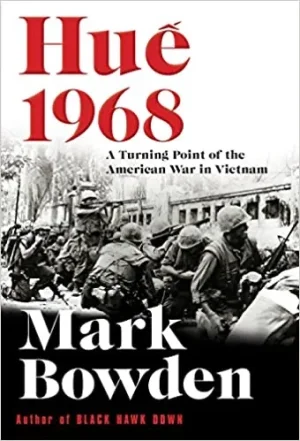- Joined
- Apr 17, 2019
- Messages
- 1,410
- Points
- 248
The Right Stuff by Tom Wolfe. Has been for long time on my reading list. Fantastic book. Incredibly informative and entertaining. In retrospect, the movie was very good in capturing the book spirit.
Rise and Kill First: The Secret History of Israel's Targeted Assassinations by Ronen Bergman. I'm about a quarter through, and so far it exceeded all my expectations. It's incredibly comprehensive, giving a very rich and detailed historical and personal context to every development in the Mossad and Israel's history. Which makes this book much more than the title suggest - it's more like a history of the country and Mossad with emphasis on the Mossad's direct action type of operations. Despite it's main theme, the book is incredibly engrossing, to the point you forget you read an historical account rather than a spy novel. For a highly controversial subject it covers, the author does a remarkable job at keeping objective and level-headed tone, whilst not forgetting to touch on the moral aspects of the subject.
The Thread Podcast by Jocko Willink and Darryl Cooper. Yes I know, not a book... Anyway, a fantastic podcast by Jiocko Willing (ex Navy SEAL) and Darryl Cooper (an author of his own history podcast) about the war in Iraq and the following insurgency. What makes this podcast so great is the combination of two points of views. Jocko brings his own experience as someone who participated in the events (in particular battle of Ramadi) and Darryl Cooper brings a more academic/historical perspective. Absolutely brilliant piece of history.
https://www.youtube.com/playlist?list=PLIEQamvEuqUfwyt4JYwXrUvucEruuz1FH
(in the playlist above two episodes are missing, but you can find them on Youtube and on Google Podcasts).
Rise and Kill First: The Secret History of Israel's Targeted Assassinations by Ronen Bergman. I'm about a quarter through, and so far it exceeded all my expectations. It's incredibly comprehensive, giving a very rich and detailed historical and personal context to every development in the Mossad and Israel's history. Which makes this book much more than the title suggest - it's more like a history of the country and Mossad with emphasis on the Mossad's direct action type of operations. Despite it's main theme, the book is incredibly engrossing, to the point you forget you read an historical account rather than a spy novel. For a highly controversial subject it covers, the author does a remarkable job at keeping objective and level-headed tone, whilst not forgetting to touch on the moral aspects of the subject.
The Thread Podcast by Jocko Willink and Darryl Cooper. Yes I know, not a book... Anyway, a fantastic podcast by Jiocko Willing (ex Navy SEAL) and Darryl Cooper (an author of his own history podcast) about the war in Iraq and the following insurgency. What makes this podcast so great is the combination of two points of views. Jocko brings his own experience as someone who participated in the events (in particular battle of Ramadi) and Darryl Cooper brings a more academic/historical perspective. Absolutely brilliant piece of history.
https://www.youtube.com/playlist?list=PLIEQamvEuqUfwyt4JYwXrUvucEruuz1FH
(in the playlist above two episodes are missing, but you can find them on Youtube and on Google Podcasts).








